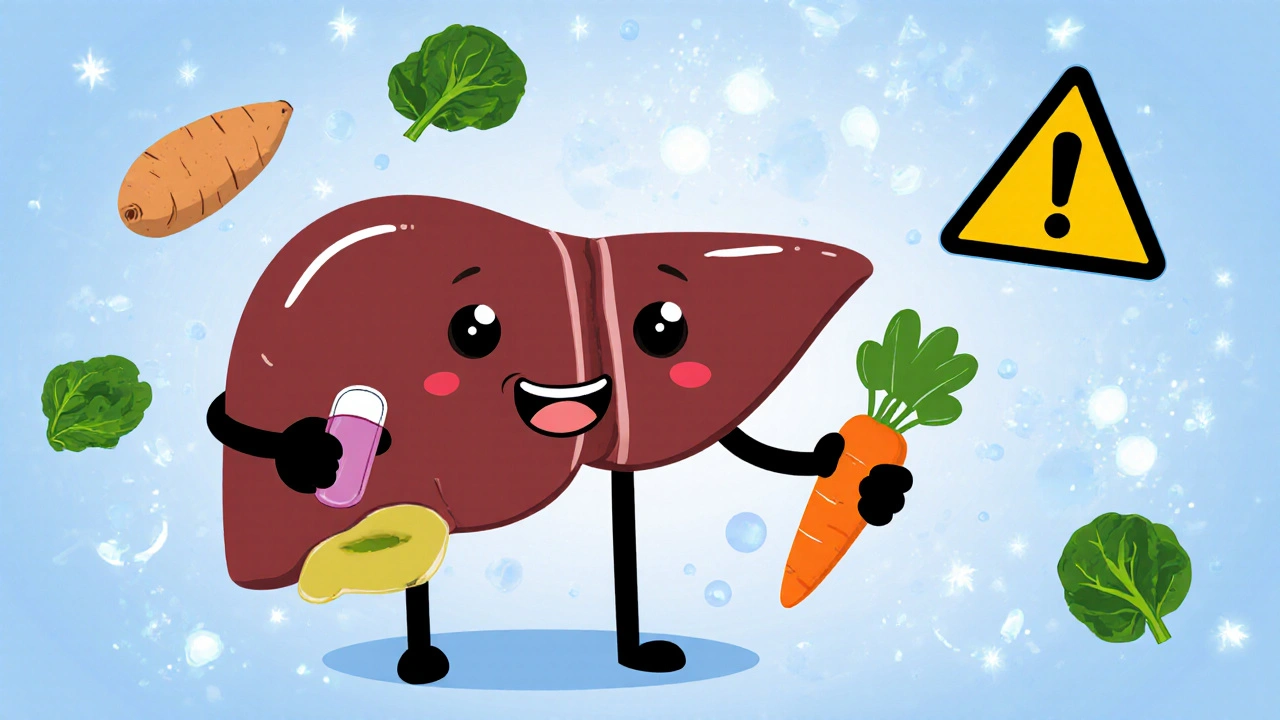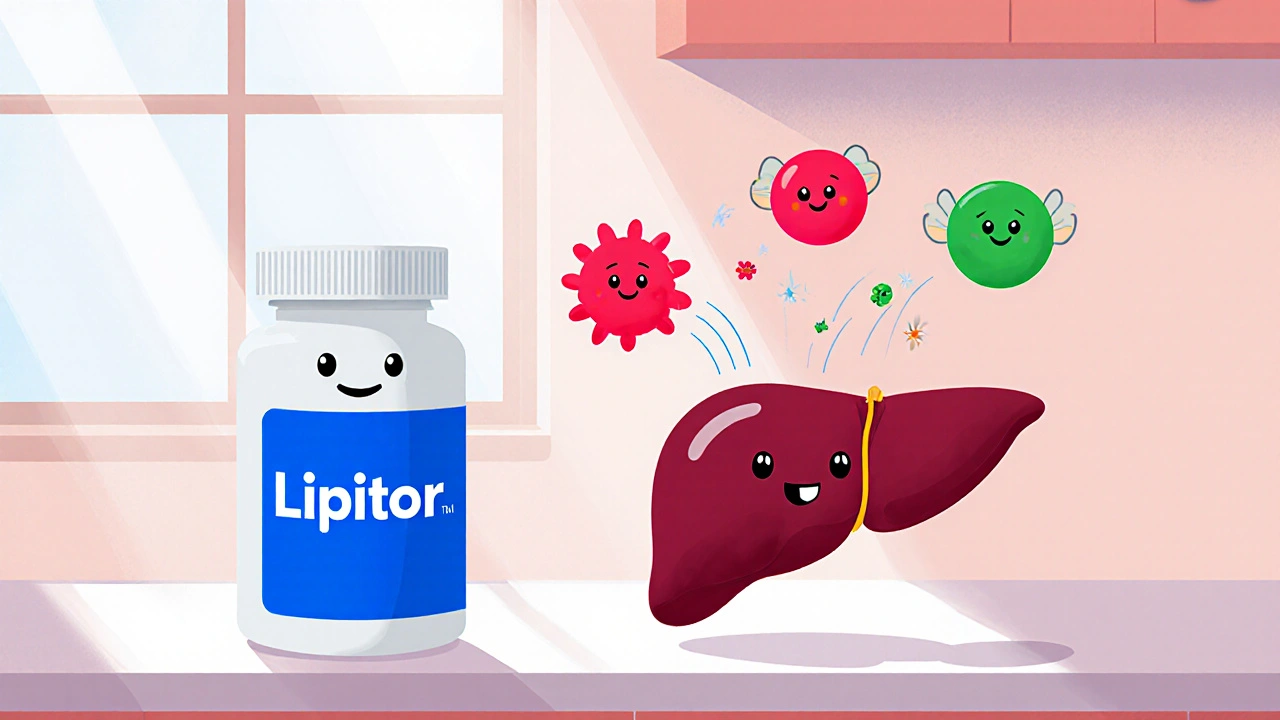If your doctor mentioned high LDL, you probably wondered what pills actually help. The good news is there are several proven options, from prescription statins to over‑the‑counter plant sterols. Knowing how each works, what side effects to expect, and when to combine them with lifestyle changes can make the whole process a lot less scary.
Statins are the most common prescription for lowering LDL. They block an enzyme your liver uses to make cholesterol, which usually drops your numbers by 20‑50 %. Popular choices include atorvastatin, rosuvastatin and simvastatin. If you can’t tolerate a statin, doctors may suggest ezetimibe, which stops cholesterol from being absorbed in the gut, or PCSK9 inhibitors – a newer injectable that can cut LDL by up to 60 %.
For those who prefer a non‑prescription route, plant sterols are a solid backup. The "Top 5 Reasons to Take Plant Sterols for Lower LDL Cholesterol" article shows that daily doses of 2 g can shave 5‑15 % off your LDL within weeks. You’ll find them in fortified spreads, yogurts or supplement capsules. They’re safe for most people and work well alongside a statin.
Statins can cause muscle aches, mild digestive upset, or in rare cases, liver changes. The trick is to start low, check your blood work after a month, and report any persistent soreness to your doctor. If a statin feels too rough, ask about switching to a different type or lowering the dose while adding plant sterols.
Whether you choose a prescription drug or a supplement, don’t forget the basics: eat more fibre, cut down saturated fat, and move a little each day. Those lifestyle tweaks amplify the medication’s effect and keep your heart healthier long term.
Finally, keep a simple log. Write down the name of the pill, the dose, when you take it, and any side effects you notice. Having that information ready makes follow‑up appointments smoother and helps you and your doctor fine‑tune the treatment.
Bottom line: there’s no one‑size‑fits‑all answer for cholesterol medication. Statins, ezetimibe, PCSK9 inhibitors, and plant sterols each have a role. By understanding how they work, watching for side effects, and pairing them with a heart‑friendly diet, you’ll give yourself the best chance at lower LDL and a healthier heart.

Learn how atorvastatin and vitamin A interact, what risks to watch for, and how to safely take them together without harming your liver. Real advice for people managing cholesterol and supplements.
Read More
A clear, side‑by‑side comparison of Lipitor (Atorvastatin) with common statin alternatives, covering effectiveness, cost, side effects, and how to choose the right cholesterol medication.
Read More
Curious about Zetia? This article reveals how it works, when to take it, risks, benefits, and how it compares to other cholesterol medications.
Read More